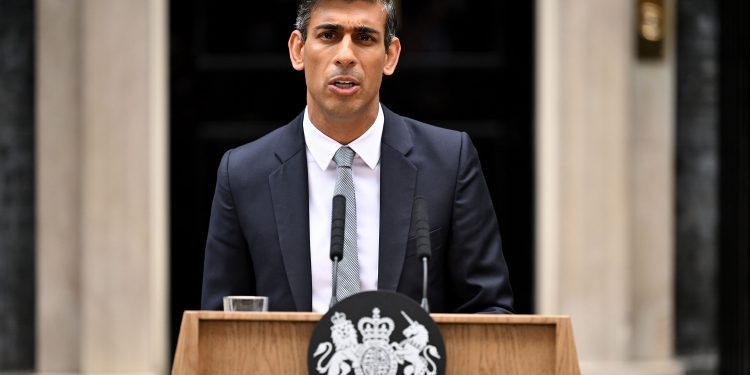Rishi Sunak, the UK Chancellor, has announced a delay in the ban on new petrol and diesel cars from 2030 to 2035. This move comes as part of an effort to address concerns and avoid a public backlash while still aiming to tackle the climate crisis. The delay, according to Sunak, is in response to the significant costs involved for households across the country.
Despite the postponement, the government remains committed to its legally binding goal of achieving net-zero emissions by 2050. The changes include not only the delay in the ban on traditional cars but also modifications to the plan to phase out gas boilers by 2035. This alteration is intended to provide relief to households that may struggle to switch to more sustainable heating methods.
Additionally, the ban on boilers relying on heating oil in off-grid homes has been pushed back from 2026 to 2035. Several policies aimed at forcing landlords to improve the energy efficiency of their properties have also been scrapped.
While these changes may have been made to address concerns and reduce potential opposition, they have faced criticism from MPs, environmentalists, and business figures. Critics argue that these alterations could hinder progress in addressing climate change and undermine the UK’s leadership in green energy initiatives.
Prime Minister Boris Johnson, in a speech addressing the changes, expressed concern that failing to consider public sentiment might lead to a backlash that could jeopardize the broader mission of achieving net-zero emissions. He emphasized the importance of taking a different approach to ensure public support for the ambitious climate goals.
Rishi Sunak clarified that the decision was not driven by political motives but was focused on the long-term well-being of the country. These changes were presented to Cabinet ministers in response to a leak of the government’s net-zero plans.
However, these alterations have raised concerns among environmentalists and business leaders. Richard Burge, chief executive at London Chamber of Commerce and Industry, criticized the decision, stating that it makes the UK appear unreliable and incapable of leading the green energy revolution. He highlighted the investments made by London businesses in electric vehicle transition, which now face uncertainty.
The National Housing Federation expressed concerns about scrapping targets related to energy efficiency, as it could result in higher bills for residents and negatively impact the environment.
Boris Johnson had previously urged Rishi Sunak not to falter on key climate crisis initiatives, emphasizing the importance of providing certainty to businesses and maintaining ambitious commitments to address climate change.
In response to these concerns, Rishi Sunak announced increased financial support for households transitioning to heat pumps. He also emphasized the government’s commitment to meeting international commitments and achieving net-zero emissions by 2050, albeit with adjustments to some proposed measures.
While the UK remains committed to addressing climate change, these changes reflect a balancing act between ambitious climate goals and the practical challenges faced by households and businesses in the transition to a greener economy. The government aims to find a middle ground that ensures progress while taking into account the concerns of the public and industry stakeholders.
For any enquiries please, email our editorial team at [email protected]. If you liked this story, kindly sign up for Clariform Newsletter, a handpicked selection of stories that helps you clarify things that matter and gives you clear signals about your world, delivered directly to your inbox.
Please subscribe to our YouTube channel, and join thousands of Clariform on Facebook, Twitter and Instagram.












